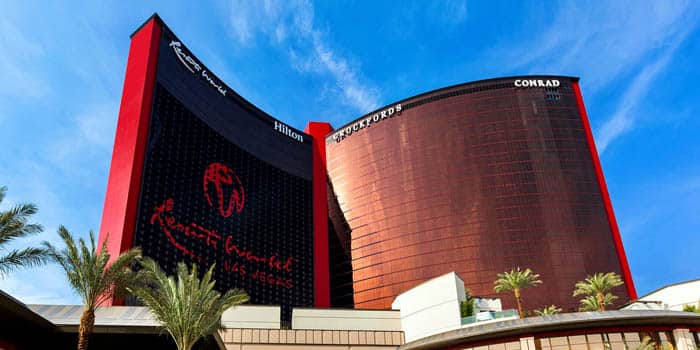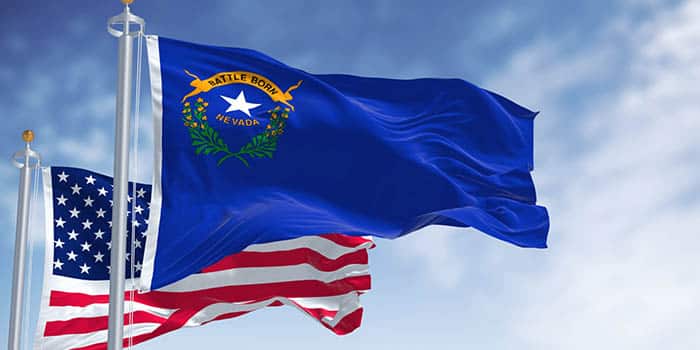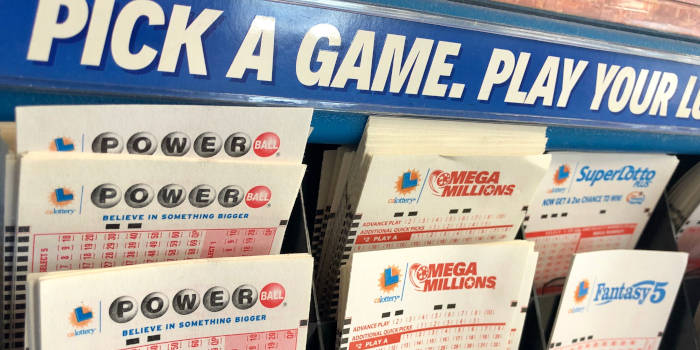Fact-checked by Angel Hristov
Koi Nation’s Sonoma Casino Plans Stall After Federal Court Ruling
The tribe’s plans for a high-profile venue have faced fierce resistance, with the newest court ruling eliminating any chances of a quick resolution to its expansion ambitions

The Koi Nation’s push to open a large casino resort in Sonoma County has hit a significant obstacle after a federal judge threw out the US Department of the Interior’s (DOI) approval to place land in trust for the project. The development remains mired in legal trouble as neighbouring tribes and the State of California have challenged the Koi Nation’s planned expansion.
The Project Faced Significant Pushback
At the center of the dispute is the Nation’s $600 million Shiloh Casino and Resort, planned to occupy an attractive parcel near Windsor in the middle of California’s wine country. The project was touted as a substantial economic driver for the region, providing roughly 1,100 permanent jobs, featuring a 400-room hotel, and an impressive 530,000-square-foot gaming area.
Despite the Koi Nation’s ambitions, Judge Rita F. Lin of the Northern District of California has halted any development indefinitely. The case stems from challenges raised by the Federated Indians of Graton Rancheria (FIGR). They operate the nearby Graton Casino Resort at Rohnert Park. FIGR claimed that the Koi Nation has insufficient ancestral ties with the site at Shiloh and that federal agencies had failed to perform proper research when approving the application.
Further legal action by the State of California and Governor Gavin Newsom in May placed additional pressure on the Koi Nation, asserting that the DOI failed to follow the required “two-part determination” process that usually governs the establishment of new tribal casinos. It involves extensive discussions with local authorities and the governor, and a pledge that any new venue would not harm the local community.
A New Examination by the DOI Could Take Years
The decision by Judge Lin represents a partial win for the challengers. She ruled that the Bureau of Indian Affairs director who approved the trust application lacked the legal authority to do so, noting that only the Secretary of the Interior, a Senate-confirmed official, can make this determination. She also held that recorded information did not support the agency’s conclusion about the Koi’s historical connection with the land.
The record does not support the DOI’s conclusion that Koi established a significant historical connection to the Shiloh Parcel.
Judge Rita F. Lin
The court also found that the DOI did not properly consult with FIGR regarding cultural and historical impacts, as required under federal preservation statutes. However, Lin acknowledged that the agency had sufficiently examined issues such as wildfire risk, groundwater, and traffic. Even so, the observed deficiencies were enough to reverse the DOI’s decision.
The court’s order mandates that the DOI must review its prior decision. The process will likely involve fresh consultations with stakeholders and a more focused attention on whether the restored lands exception of IGRA may apply to the Shiloh parcel. The timeline could run for years, meaning that the Koi Nation’s hopes for a swift resolution are unlikely to materialize.
Deyan is an experienced writer, analyst, and seeker of forbidden lore. He has approximate knowledge about many things, which he is always willing to apply when researching and preparing his articles. With a degree in Copy-editing and Proofreading, Deyan is able to ensure that his work writing for Gambling News is always up to scratch.

















